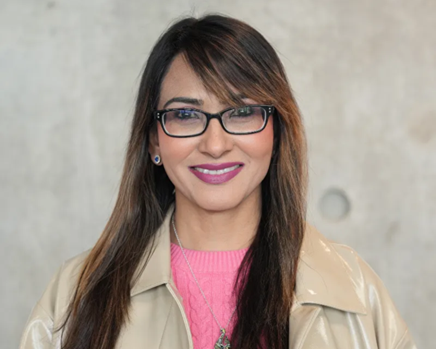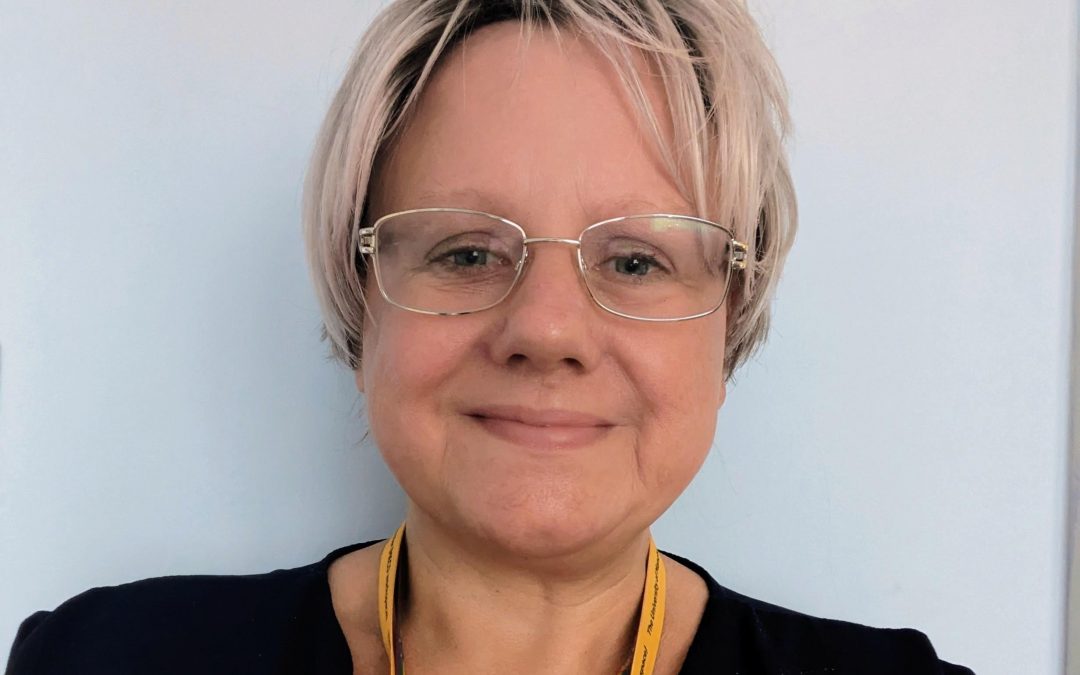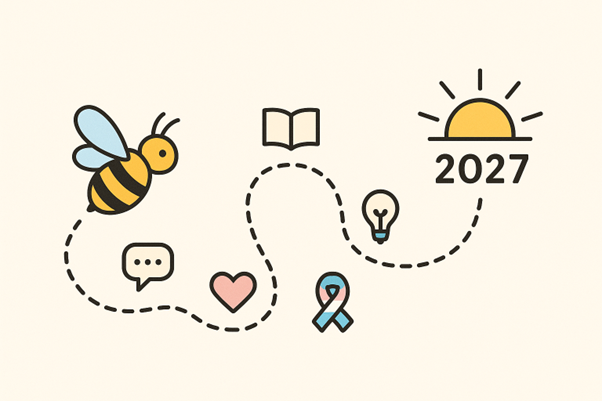
TIN-Bee Staff: The Manchester Method – How Trans Activists Reshaped UK Law
What happens when a handful of determined people decide the law should finally recognise their lives? This article tells the powerful story of Manchester’s trans activists who quietly, yet radically, changed the UK forever. Through legal grit, strategic lobbying, and relentless gathering of real world stories, Press for Change proved that you don’t need marches or megaphones to rewrite the rules. Their “Manchester Method” shows how courage, evidence, and human connection can move governments, reshape legislation, and protect the dignity of thousands.

Dr Roshila Moodley: Small Steps, Structural Shifts – How Chemistry is Re-engineering EDIA from the Inside Out
In conversations about Equality, Diversity, Inclusion and Accessibility (EDIA), we often talk about bold strategies and ambitious plans. Yet real cultural change in academic departments usually starts with a single, small act — one that may seem inconsequential to many, but means everything to those who finally feel recognised. Over time, these small acts accumulate into something far more powerful: a transformation.

Helen Kreissl: EDI in Practice – How the Thomas Ashton Institute Builds Inclusion Through Everyday Actions
At the Thomas Ashton Institute, our mission is rooted in improving the safety, health and wellbeing of people in work and society. But that commitment extends far beyond our research. It shapes how we work together, the way we create our events and meetings, and the culture we aim to build every day. For us, Equality, Diversity and Inclusion (EDI) is not just a formal strategy — it’s present in the small, thoughtful decisions that collectively make a big difference

David Cross: LGBT+ History Month – Manchester’s Section 28 Protest
Manchester is a city well-known for being at the forefront of the struggle for equality in the United Kingdom. Examples in history that may come to mind include the brave people who campaigned for political representation in 1819, resulting in the Peterloo Massacre and the female suffrage movement, notably the suffragettes led by Manchester’s Pankhurst family. For LGBT+ History Month, we should pause to consider another example of Manchester-based activism. The Section 28 Demonstration that took place on 20 February 1988.

Sami Karamalla Gaiballa: Why Our Values Need EDI Data to Come Alive
As we adapt for what’s to come, who we are and what we stand for won’t change. Our motto – Knowledge, Wisdom, Humanity – continues to guide us as we chart our next chapter as a globally recognised civic university. But here’s the truth: we cannot fully live these values without robust Equality, Diversity and Inclusion (EDI) data. Why? Because values without evidence risk becoming aspirations rather than actions.
Mahayana New Year – 3rd January 2026
The Mahayana New Year on the 3rd January 2026, marks the beginning of the New Year for many Buddhists who follow the Mahayana tradition, one of main branches of Buddhism. The Mahayana New Year coincides with the first full moon of the first month. It is a period to...

TIN-Bee 2025 Round-Up
As the New Year draws near, we're looking back at the first year of UoM's first trans+ network, and what a year it's been. Following our foundation, as described in our first StaffNet Article, we were quickly thrown into the harmful political battles brought about by...

Omolade Allen: Christmas as a Season for Everyone
From a Christian chaplaincy perspective, Christmas is often spoken about in religious language. Yet at its heart, Christmas carries meanings that reach far beyond Christianity alone. It speaks to something deeply human that many people, of all beliefs and none, recognise.

Prof. Jitesh S.B. Gajjar and Bharti Gupta: Celebrating Diwali at the University of Manchester 20 October 2025: Lighting the Way for Inclusion
On 20th October 2025, one of the popular EDI staff networks – the Dharmic Cultures Network (DCN) organised a landmark Diwali ceremony at the University of Manchester. This event, attended by colleagues from across the University and our President and Vice-Chancellor, Professor Duncan Ivison, marked the first-ever Diwali celebration on campus—a significant milestone for our diverse community.

Sally Flint: Disability, Life and Death: Living with ME/CFS and Invisible Condition
When I was diagnosed with Myalgic Encephalomyelitis/Chronic Fatigue Syndrome (ME/CFS) in 2012, my life changed overnight. I went from being a 16-year-old just starting college, making new friends, enjoying my independence, and planning for the future, to being bedridden, unable to go anywhere without help, and feeling a complete sense of loss over my body and mind. Over the years, I have also lived with other conditions that affect me both physically and mentally. Together, these conditions shape my daily reality and often leave me balancing pain, fatigue, and brain fog against my work and personal life.






Recent Comments